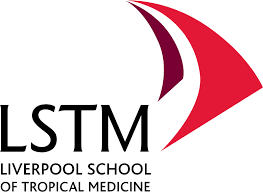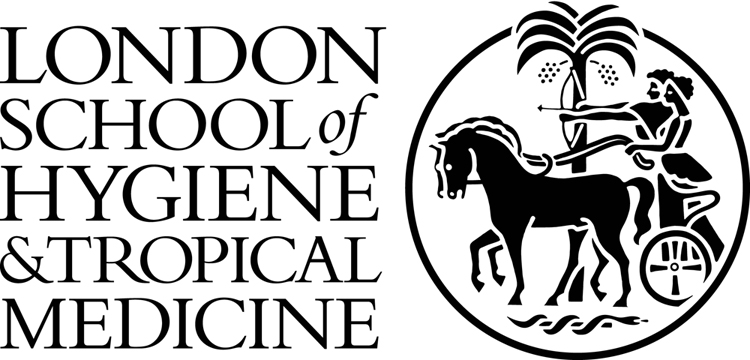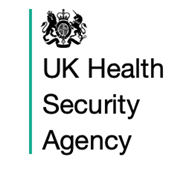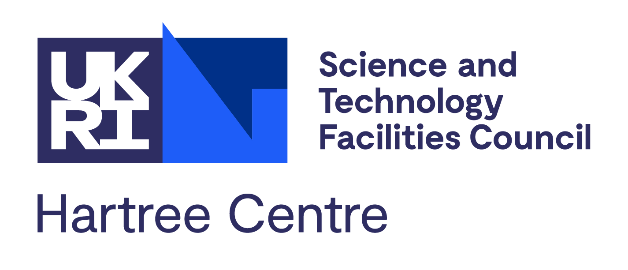
MRC Impact Accelerator Account (formally CiC)
The application process for the current round is now CLOSED.
 |
 |
 |
 |
 |
 |
About the Consortium
The Tropical Infectious Disease Consortium (TIDC) has been awarded £1.6 million from the Medical Research Council (MRC) via the Impact Acceleration Account (IAA), previously Confidence in Concept (CiC). The TIDC is a strategic partnership between LSTM, UK Health Security Agency, London School of Hygiene & Tropical Medicine (LSHTM), the University of Oxford and has been expanded for this call to include the Science and Technology Facilities Council (STFC) and the Pirbright Institute. The TIDC has been awarded £1.6million over three years and represents the largest award to date. The award will allow the Consortium to support pump-priming projects, typically in the range of £50K, with the overreaching ambition to accelerate the transition from discovery science into therapeutic, diagnostic and vaccine development.
Professor Giancarlo Biagini is Head of LSTM’s Department of Tropical Disease Biology and Co-I within the Consortium. He said: “We are delighted to be able to widen the partnership within the TIDC, which was established in 2013 and has been successful in every round of this call to date. Since 2013 we have received more than £4 million in funding, have been able to leverage in the region of £60 million, supported 100 projects and facilitated 136 industry interactions. This latest award represents more investment in ideas that can increase tangible outputs that demonstrate impact within a wide range of areas.”
Call Guidance
The MRC Impact Accelerator Account (IAA) scheme provides funding to institutions to support the earliest stages of translational research projects. The Tropical Infectious Disease Consortium has been successful in gaining an award under this scheme which will be allocated to eligible projects via an open, competitive and externally peer reviewed process.
Through the complementary skills at each institution, we will create the critical mass necessary for UK researchers, interested in translating their research into health benefits, to compete in an increasingly competitive international market. The aim of the partnership is to deliver a high number of scientifically excellent translational proposals.
We would see the outcome of the funding being the prioritisation of translational research based on potential medical impact and ‘developability’ and a significant acceleration in time to product delivery.
The fund will provide awards, typically in the region of £50k (higher award values will be considered for those projects that incur higher running costs), for projects (lasting between 6 and 12 months) that accelerate the transition from discovery science into the early/late stages of therapeutic, diagnostic and vaccine development by supporting key feasibility studies to establish the viability of an approach or generate the materials/technologies for ongoing translational activity. The fund is intended to accelerate relevant translational activities so projects should aim to provide sufficient preliminary data to establish the viability of an approach and the market need for its outputs – i.e. to provide confidence in the underlying concept that would leverage more substantive funding from external funders.
Please note: Ineligible costs include administration costs (FeC & Overheads), industrial partners’ costs, staff between posts (bridging funds), PhD studentships, Open Access fees, and continuation of normal research grants.
Projects must be completed no later than January 2027.
Projects within the following categories will be eligible to apply:
- Diagnostics
- Therapeutics
- Vaccines
- Vector control tools
- Translational focussed Informatics
- Translational enabling technologies
Projects should be at the stage whereby IAA funding would develop the approach to a point where it would be capable of successfully applying for larger external translational funding sources e.g. MRC DPFS.
The funding is not intended to support:
- early stage “blue skies” research
- entire translational projects;
- staff between posts (i.e. bridging support) or PhD studentships;
- continuation of research grants;
- Projects that have already failed in a competitive grant applications (without clear justification)
- costs relating to commercialisation or the protection of intellectual property.
Applications are required to have a Principal Investigator from one of the Consortium’s partner institutions. The PI can be from any academic department and would typically be an academic and research active member of staff that meets the following criteria:
- Contract duration longer than IAA project
- MIN 4years PDRA experience
- Previous experience/evidence in securing funding OR in research project leadership role (evidence required in application form)
PIs can submit multiple applications but only their top scoring project will be funded.
A weighting will be added to the GPA if the project involves collaborations with SMEs/Pharma, and/or that involve collaboration between more than one partner institution, but these must be led by an eligible academic PI.
Scoring, selection and assessment criteria
Eligible applications will be reviewed by an External Scientific Advisory Committee (ESAC) which is composed of specialists with industrial experience in product discovery and development. The ESAC will review, assess and score the applications to independently advise the Senior Management Group of the Consortium on the appropriateness and “fit” of the projects for funding under the IAA programme.
Criteria for assessment of the applications are:
- Research quality
- Development pathway
- Track record of research team
- Value for money
- Potential impact
- SME/Pharma/≥ 2 partner involvement
Reporting: it is a mandatory requirement if your project is funded that all awardees will be required to provide interim and final reports via a template. This year EDI data will be requested at application and award stage.
Transparency & Conflict of interest.
LSTM and the Consortium is committed to transparency throughout the decision-making process and it is important to us to manage all real, potential or apparent conflicts of interest with integrity, impartiality, honesty and openness. Any ESAC member who has a conflict of interest on any submitted project will be asked to declare it, and they will not score that particular project, with the scoring average being adjusted accordingly. A weighting will be added to the score if the project includes SME/Pharma partners.
The final decision on which projects to fund within the funding envelope will be made, based on the weighted average of the ESAC scores, by the Senior Management Group of the Consortium. Members of the Senior Management Group will be asked to declare any conflict of interest at the start of the meeting and will be requested to leave the meeting when individual project discussions are taking place.
Further details of how to identify a potential conflict of interest, the scoring methodology and how the final list of projects will be selected can be found here.
- MRC CIC successful applicants Round 4 - 2026
- MRC CIC successful applicants Round 3 - 2025
- MRC CIC successful applicants Round 2 - 2024
- MRC CIC successful applicants 2023
- MRC CiC successful applicants 2022
- MRC CiC successful applicants 2021
- MRC CiC successful applicants 2019
- MRC CiC successful applicants 2018
- MRC CiC successful applicants 2017
- MRC CiC successful applicants 2016
- MRC CiC successful applicants 2015
